Description
This book explores the growing interest in and demand for relational mental health support for young people, parents, families and communities. Relational approaches place an emphasis on authentic and mutual connections; the therapist is not an aloof ‘expert’, but an engaged human being who is an active part of the process, and who draws on subjective experiences and passions in the service of the client. Through eighteen contributed chapters and four short case studies, Working Relationally with Young People explores the theory, practice and delivery of Cognitive Analytic Therapy (CAT) and its relational mindset in youth mental health and wellbeing, and makes the case for prioritising a relational way of working across all services and support for young people – whether they be within children and young people’s mental health, or in other contexts such as education, social care or youth work.
Reviews:
‘This wonderful book brings together the voices and methods of those working at the creative edge of helping and empowering young people. Read and discover new ways of working and new ways of relating.’ – Steve Potter Psychotherapist, Supervisor and Author
‘This amazing book gives evidence of the importance not only of “being relational”, a core concept in CAT and in our work with young people. This book is not only a dialogue between clinicians but there is hope for promoting change in connection with and relating to young people and the wider communities and systems around them.’ – Marie-Anne Bernardy-Arbuz. clinical psychologist and psychotherapist, CAT practitioner who introduced CAT in France in 2010.
Audience
Cognitive Analytic Therapy (CAT) practitioners and psychologists, psychiatrists, nurses and other practitioners working within children and young people’s mental health services. Professionals working in sectors such as education, social care and youth work, as well as service managers and others concerned with outcomes for young people.
Content
Series preface
Foreword
About the editors
Acknowledgements
Contributors
Introduction
Chapter 1: Being with and belonging – an introduction to a relational approach to working with young people
Lee Crothers and Nick Barnes
PART 1: Relational approaches to working alongside young people
Chapter 2: ‘If all you ever see is an eating disorder…’ A relational understanding and approach to working with young people with eating disorders
Lee Crothers and Melissa Keller-Tuberg
Chapter 3: Using CAT for neurodivergent young people – working with intellectual disability and autism
Jo Varela
Chapter 4: Relational practice is inclusive practice – working alongside LGBTQA+ young people
Victoria Ryall
Chapter 5: The power of an embodied approach to CAT with young adults
Caroline Greenwood Dower
Chapter 6: A relationally informed model of care for young people living with personality disorder
Louise K. McCutcheon, Jessica O’Connell, Ben McKechnie and Andrew M. Chanen
Case Study 1: Being on both sides – reflections by a young person with lived experience of being diagnosed with Borderline Personality Disorder
Brede
PART 2: Relational approaches to working with parents, families and groups
Chapter 7: A house of mirrors – a role for parent CAT
Clare Young
Chapter 8: Bringing CAT into the family and beyond – a systemic approach to CAT when working alongside families and their wider networks
Debbra Mortlock
Chapter 9: Using CAT – a relational approach in groups with young people
Cat McKenzie
Case Study 2: ‘A Game of Two Halves’ – CAT in the world of football
Nick Barnes
PART 3: Relational approaches to service provision and the workplace
Chapter 10: Relationships matter – a case for CAT in an Early Intervention Service
Wendy Giovanelli and Kiara Wickremasinghe
Chapter 11: Creating ‘just enough’ space – setting up a new psychotherapy service in Chennai
Sivakami Suresh Prabalkumari
Chapter 12: Can you even relate? Invitations to think and work relationally in Out of Home Care
Katherine Monson and Kiera Kauler
Chapter 13: Burning out and bullying – the need for working relationally within the workplace
Nick Barnes and Lee Crothers
Chapter 14: CAT in education – reflections on the spaces between the ‘cogs in the machine’
Claire Regan and Leah O’Toole
Case study 3: Excluded, disengaged and on the outside – reconnecting through ‘Learning to Learn’
Donna Lockett
PART 4: Relational approaches to communities and society
Chapter 15: From Hellblade to Game Group – relating and connecting in digital spaces
Alex Bretherton and Nick Barnes
Chapter 16: Dear Planet Earth – the climate and ecological emergency through a relational lens
Angie Phong, Reem Ramadan and Nick Barnes
Chapter 17: Dancing in the spaces between – reflections on proximity and power when working alongside communities
Nick Barnes and Rhona Brown
Case Study 4: Shifting the gaze – creativity for Recovery and Emotional Well-being (CREW)
Nick Barnes and Jon Hall
Conclusion
Chapter 18: Closing thoughts – common threads
Nick Barnes and Lee Crothers
References
Glossary
Authors
Nick Barnes is a psychiatrist with Highland CAMHS who specialises in work with young people. He is also a Cognitive Analytic Therapist and Honorary Associate Professor at University College London. After twenty years of CAMHS work, supported by a quarter century of youth sector involvement, Nick has a keen interest in finding a broader offer for children, young people and families to enable them address emotional and mental health difficulties.
Lee Crothers is a psychotherapist who directs In Dialogue, a Melbourne-based therapy centre that uses CAT and a relational framework to offer services, education and evidence-based therapeutic interventions. Lee has over twenty years of clinical experience and was one of the first clinicians in Australia to become an accredited CAT practitioner. She is Chair of the Australian and New Zealand Association for Cognitive Analytic Therapy (ANZACAT).
Details
Publisher: Pavilion Publishing and Media Ltd
ISBN: 9781803883120
Publication Date: March 2024
Page count: 325

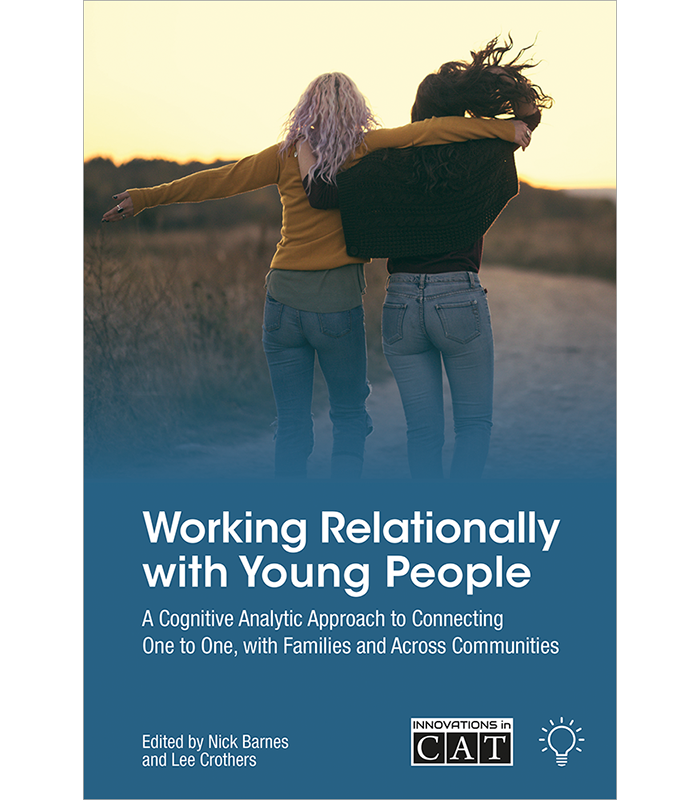
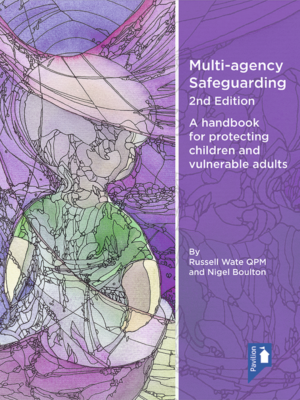
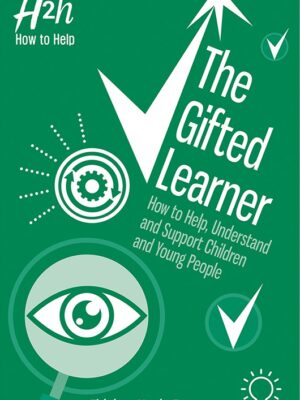
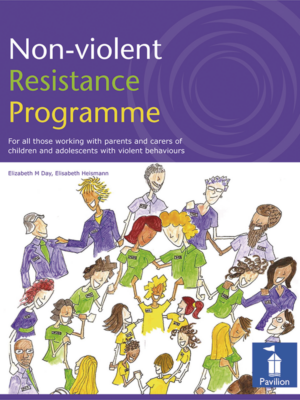
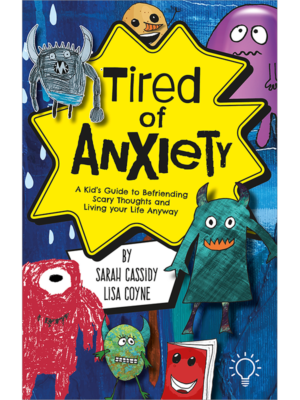
Reviews
There are no reviews yet.